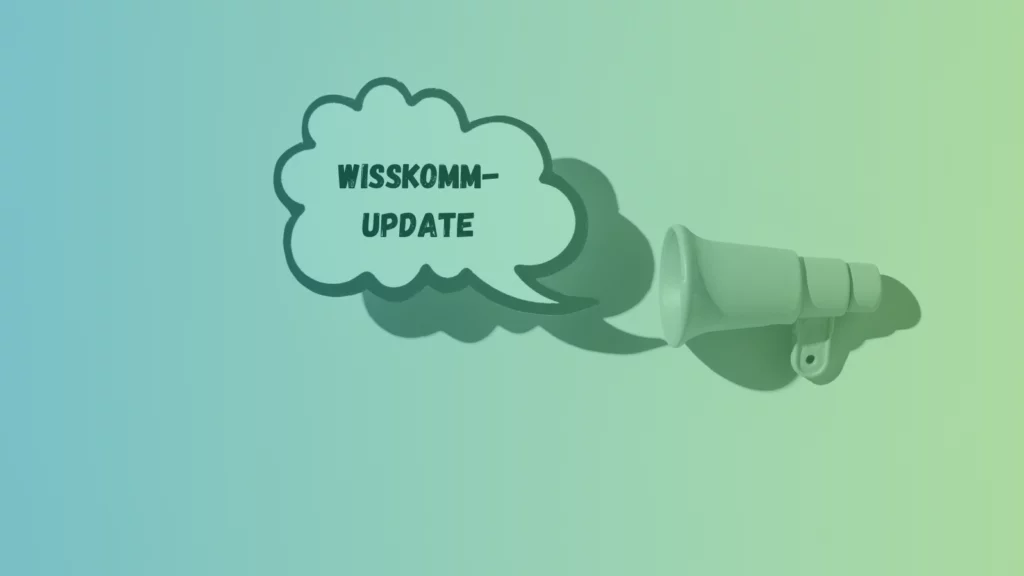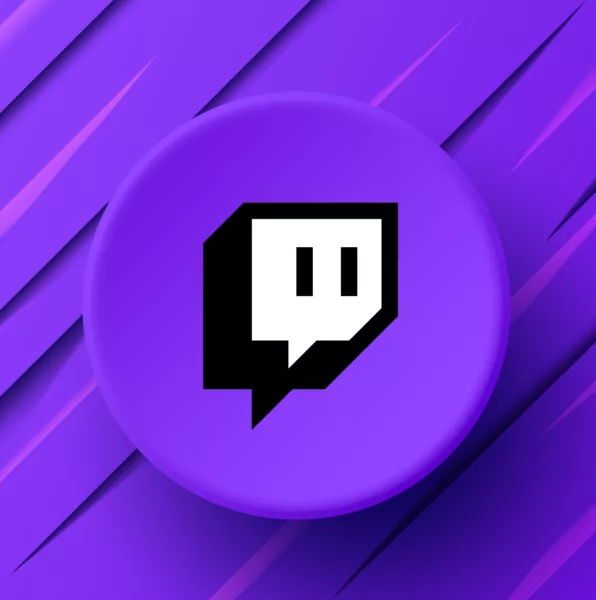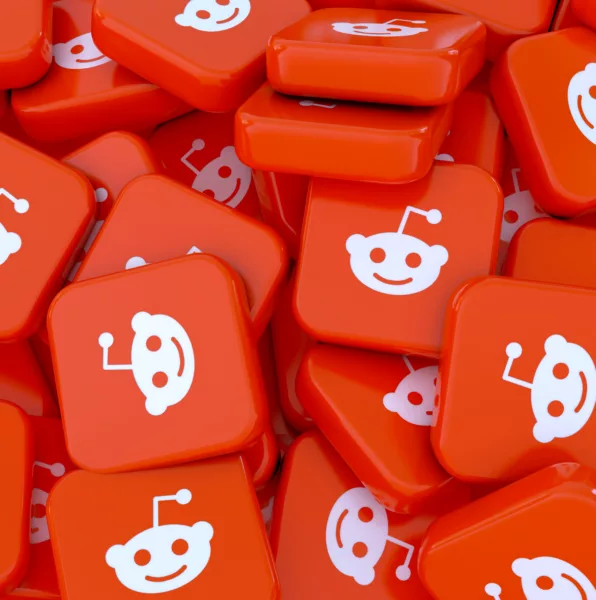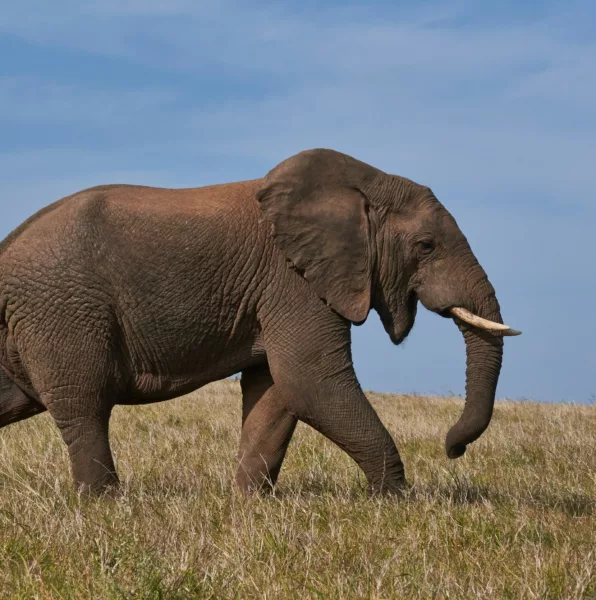Why is it important to understand science in one’s own language? The South African science communicator Sibusiso Biyela explains that communicating in one’s mother tongue leads to more trust and acceptance with regard to scientific topics.
„Lots of people have the idea that science is not for them“
Mr. Biyela, a purpose of your work is the decolonization of science. What does that mean exactly?
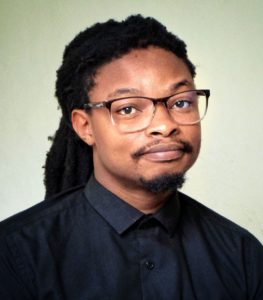
It is a difficult question because many people have slightly different ideas about it. To me decolonization of science means to remove the idea from people’s mind that science is only for certain people, specifically that it belongs only to Europeans or the West. This idea has been planted into people, particularly Africans through colonization and racism. To this day, lots of people have the idea that science is not for them. Maybe that is why they find it difficult and tend to have less trust in science because they have never had the chance to take part in it or to understand it in their own language. The decolonization of science in that regard changes people’s perception and helps them to see science as a part of their culture. It helps them understand how science is done or how to interpret the results of science.
You spoke about understanding science in one’s own language. Which role does that aspect play in science communication?
It comes from an idea that was articulated by the writer Ngũgĩ wa Thiong’o who talks a lot about decolonization and that language itself is a crucible of culture. There are a lot of things that come with people’s culture, like rituals and clothing. But even if you remove all those things, the language remains. I think it diminishes the value of science in African cultures if African languages are unable to participate in science. I find it unfavorable that we can talk about all other things on the continent in one’s language, but when it comes to science and technology, is it not doable. It is not because of the nature of our own languages that science has not permeated them. It is because of a concerted effort by colonialism to suppress indigenous languages in favor of English.
Which role does the language barrier play in the pandemic?
It plays such an important role because for example the isiZulu word for virus is the same as for bacteria. There is no differentiation. It is difficult to explain what a virus is. There is a lot of good work trying to communicate the science of vaccines and vaccinations and how Covid-19 works. But there is also a lot of conspiracy theories going around that are much more capable of influencing people because they are able to reach them in their own language.
I am a native isiZulu speaker. It is one of the most popular languages in the country and lots of people speak it. As a science communicator I am very passionate about science but I find it difficult to communicate my science in isiZulu because so many technical words are unavailable.
Recently I was invited to a radio station to talk about this Covid-19. I was talking in isiZulu, but to explain certain things I had to switch to English and by that moment you lose a lot of the audience. This isn’t because they do not understand English, but they feel disconnected from the content when you cannot say it in isiZulu. They do not know if they can trust you. That creates a lot of issues in the country in terms of vaccine hesitancy and anti vaccine sentiments. Not that it would solve all the issues around science denialism if people understand for instance the science of vaccines in their native tongue, but it would help them to engage with the science.
Which languages are spoken in South Africa?
Since the end of apartheid in 1994 we have eleven official languages in South Africa. Before then it was only two languages which were recognized officially by the government. That was English and Afrikaans, a derivative of Dutch which became its own language. Science was only done in English for a very long time. Since coming into power in 1948the National Party wanted to make Afrikaans a globally recognised language. In addition to promoting their language as a language of science and technology, the nine other languages in South Africa were suppressed in such that everyone was forced to learn either English or Afrikaans. If you wanted to work or to do science or do anything of importance you could only do that in these two languages. That diminishes the other languages in some way.
What happened after South Africa became democratic?
How does the translation of scientific content in an indigenous African language work?
That is difficult because when you are writing an article you have to decide: Do you create a new term in order to explain it or do you use a term that people already know? A while ago I wanted to write in isiZulu about a dinosaur that was discovered in South Africa. I thought that would be much easier. What was difficult in the beginning was the term dinosaur itself. There is no word for it in isiZulu and it is difficult to explain what it is. Another problem were words for fossils or for paleontology. So lots of words had to be explained in my article because they do not exist in isiZulu.
Instead of coming up with new words I decided to translate the discovery itself. I was using for example a phrase that explains what a dinosaur is: isilwane sasemandulo, which literally means: ancient animal. I spent a lot of time explaining basic things: why it is important, where it was found or what a fossil is. I did not do this thinking the readers would not understand these basic things in English. The readers understand these things in English but they want to communicate amongst each other in isiZulu as well.
Who is reading your articles?
What initiatives are there to translate science into different languages?
There is an ongoing project at the University of KwaZulu-Natal in South Africa where they have been translating a lot of medical texts and texts about physics. For a few years they have been working with translators and scientists to create lexicons and glossaries in isiZulu.
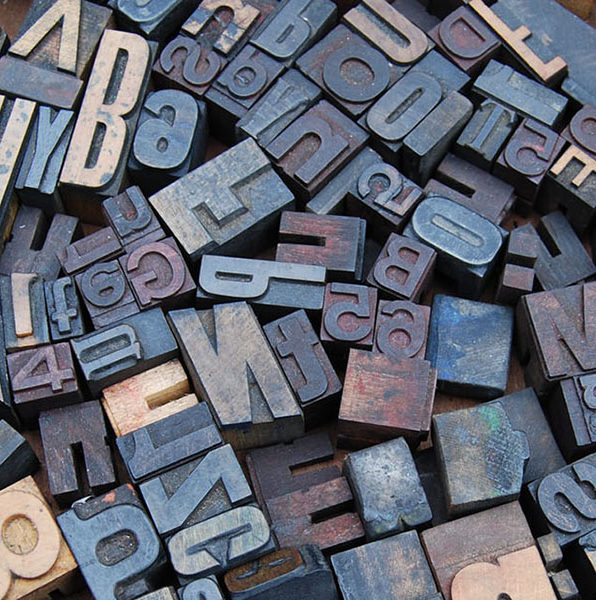
We have lots of projects like that. There are, for example journalistic trainees in South Africa who are working at local radio stations and local newspapers where they cover scientific science news in their own languages. That is an initiative by the governmental department of science and technology. There is a lot of interest to decolonize science in the way that it reaches more people.
